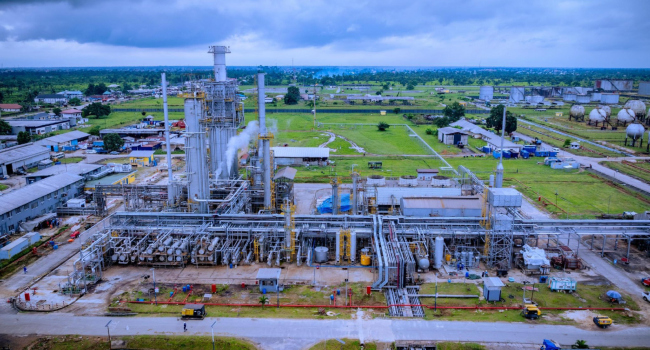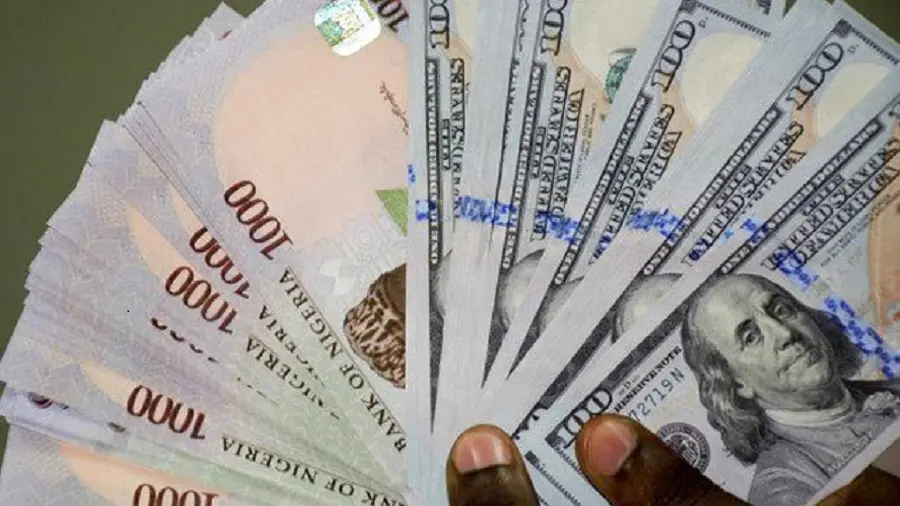In Nigeria, it’s not every day the House of Representatives decides to dust off the cobwebs around the country’s notoriously problematic refineries. But this week, they did just that—and with no small amount of drama.
At the centre of it all is the House Committee on Petroleum Resources (Downstream), now determined to find out why our refineries, especially the ones in Port Harcourt and Warri, seem to have more mood swings than a Lagos traffic light. Just when Nigerians were beginning to hope—after much noise about their return to operation—gbam, they shut down again.
Chairman of the committee, Hon. Ikenga Ugochinyere, did not mince words. Speaking to journalists in Abuja, he made it clear: this probe is not business as usual.
“We are not out to protect anybody,” he said, rather ominously. “If anybody is found to have been engaged in corrupt activities, the law should be allowed its course.”
Translation? If you chop money meant for refinery repairs, better start sweating.
So What’s on the Table?
The committee is digging into several major concerns, starting with the turnaround maintenance—that very expensive ritual Nigeria performs every few years to “fix” refineries that never really get fixed. Billions of naira have been spent over the decades, but the fuel queues still come back like rainy season in June.
They’re also investigating the acquisition of OVH Energy, and more controversially, whether the Dangote Refinery is throwing its weight around too much. Some oil marketers and retailers are shaking in their boots, worried that the mega-refinery might soon dominate not just refining, but transportation and even retail.
“Imagine investing billions in your business, then waking up one day to find one big player swallowing the whole market,” one industry stakeholder reportedly said. “It’s not monopoly, it’s Monopolisaurus Rex!”
It’s no laughing matter though. The House has received several petitions from marketers, retailers, and refinery owners who feel the playing field is becoming dangerously tilted. The allegation? That Dangote’s involvement in product transportation and retail could force smaller players out of the market altogether.
A Journey to Switzerland for Nigerian Oil?
Another hot-button issue is the absurd hoops that local refiners have to jump through just to get crude oil. According to Ugochinyere, some of them have had to travel all the way to Switzerland to negotiate the purchase of Nigerian crude—yes, crude that was pumped from beneath our own soil.
Naija, we hail thee.
The committee wants to understand why such bottlenecks exist and whether there’s sabotage or inefficiency buried in the system. There are also concerns about how crude oil is allocated and whether local modular refineries—those small but promising players in the sector—are being unfairly sidelined.
OVH Energy Deal: Another Can of Worms?
The lawmakers also announced plans to reopen the investigation into the controversial acquisition of OVH Energy by NNPCL. Apparently, the first report on that matter didn’t quite hit the mark. Ugochinyere noted that the House flatly rejected it and wants a deeper dive—this time with more transparency.
In addition, staff members of NNPCL retail have also submitted complaints, adding more fuel to an already blazing fire.
Beyond the probes, the committee is also eyeing amendments to the Petroleum Industry Act (PIA), which was supposed to be Nigeria’s golden ticket to a better oil sector. But as usual, new problems have emerged—ones the current law doesn’t cover.
According to Ugochinyere, they will recommend the needed updates to ensure the sector operates with better oversight, fairness, and efficiency. That means giving more teeth to the Nigeria Midstream and Downstream Petroleum Regulatory Authority (NMDPRA) and tightening loose ends in policy implementation.
Nigeria’s oil sector has long been the nation’s golden goose—and sometimes its Achilles’ heel. From fuel subsidy drama to refinery breakdowns and unending importation of petrol, the problems run deep.
But this probe by the Reps may offer a rare opportunity to fix some of the rot. Whether it ends in real change or yet another stack of dusty committee reports remains to be seen.
In the meantime, Nigerians will keep doing what they do best—queuing for fuel, praying for stable power, and asking: who really dey benefit from all this oil, sef?
Because when refineries cry more than onions, it’s time to bring out the magnifying glass.





